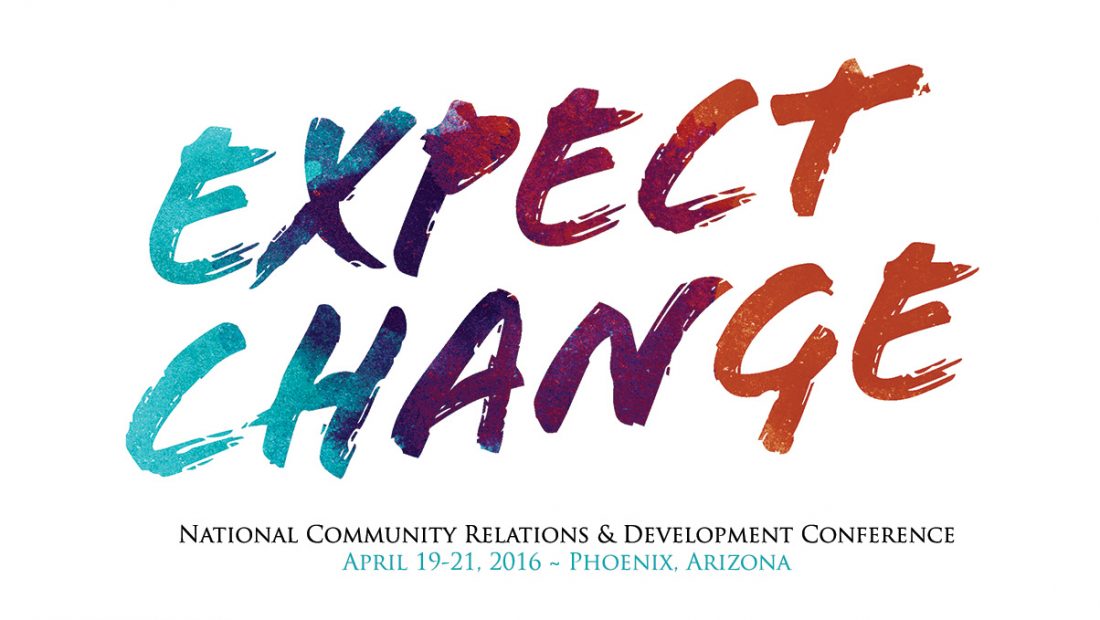(Ed. note: National Headquarters recently released this document for Army publications clarifying response to the Army’s position on Community Solutions Act of 2001.)
The confusion regarding the Army’s role with President Bush’s efforts to assist faith-based organizations is a matter of great concern to the officers, Salvationists, employees, volunteers and supporters of the Army.
We have a great sense of dismay and disappointment at the misguided characterizations of our attempt to simply tell our story in a manner that would potentially benefit many more millions of people who desperately require social service assistance.
Let there be no confusion–these services are provided without discrimination of any kind. The Army remains totally committed to helping all who come to us regardless of race, religion, sexual orientation or any other factor.
Equally as vital to the Army’s mission is our dedication to the employees who work in the 9,200 centers of operation throughout the U.S. The point must be clear that our hiring practices have been consistent with federal law and respectful of the heritage of civil rights found in the Constitution. Among the Army’s 45,000 employees there are people of all races, religions and sexual orientation. However, faith-based organizations have significant Constitutional rights, incorporated in the 1964 Civil Rights Act, to selectively hire their employees. Therefore, all Salvation Army positions of full-time service, lay leadership, employment, and volunteer service are open to qualified persons, with exceptions dictated only by the religious purposes and moral positions of The Salvation Army.
Those federal rights, and the protection of those rights, are at the core of this recent flurry about the Army’s discussions with the Bush Administration.
Six months ago, when the President announced his faith-based initiative, he specifically stated that a goal would be to identify, and address, barriers that may prevent faith-based groups from helping as many people as possible. Let’s be clear. President Bush recognizes the historical relationships of the many faith-based groups that have worked with government over years. The Army has received government funding since 1902, and has contributed significantly to these government-funded programs–in some cases as much as three dollars from the Army for every dollar provided by the government.
When the President asked for assistance with his faith-based efforts, the Army stepped forward, as did many of our faith-based colleagues. They asked us to identify instances in which government was standing in the way of religious organizations helping the needy. Our discussions with the White House were solely informational, and specifically pointed toward the examples of local government regulations that conflict with the long-standing civil rights protections for churches.
We tried to show how these conflicts, in some cases, have posed challenges to church theology and the ability of faith-based organizations to abide by their beliefs and teachings; in others, the barriers have created significant bureaucratic hurdles for both governments and faith-based groups to provide social services. In effect, these laws have restricted access to government funding for social service programs unless the funding recipients have been willing to put aside their rights as churches under federal law, and abide by local law. The bottom line is that local governments were making churches choose between their religious beliefs and accepting government funds to help people.
The Army is not disputing the rights of local governments to approve legislation; but when local laws impose conditions to the receipt of government funds which challenge our beliefs about the tradition of family, conditions which are not imposed by federal law, we must stand for what we believe is proper and ask that these challenges be addressed.
The Salvation Army has been confronted with such challenges in recent years, mostly in major metropolitan cities. In one instance it was necessary for us to walk away from $3 million in government funding, but the real loss was to the thousands of desperately needy senior citizens and victims of AIDS who were left without critical social services.
Today, we see the repetition of this contractual language being used in other cities. This pattern of enforcing local restrictions is an example of how municipalities are creating restrictive legislative barriers for all religious organizations and systematically denying religious organizations the right to consider their religious beliefs in making employment decisions, a right otherwise provided to religious organizations under the Constitution and Title VII of the Civil Rights Act.
We pointed out this barrier, and others, to the White House, and suggested solutions that included regulatory language that would have required local governments to abide by church protections granted under federal law when cities distribute federal funds for social service programs. President Bush’s staff agreed only to consider our suggestions–absolutely nothing further.
Some have tried to twist this into a debate about discriminatory hiring practices. That’s unfortunate, if not misdirected. The Salvation Army deplores illegal discrimination of any kind. The issue, as we have tried to portray it with the White House and other government leaders, is one of helping as many people as possible and doing so as a church. We hoped to use our experience and knowledge to aid in this process, and were hopeful that with the bipartisan support for the President’s initiatives, that true progress could be made.
Our hope and prayers are that solutions will be forthcoming.











